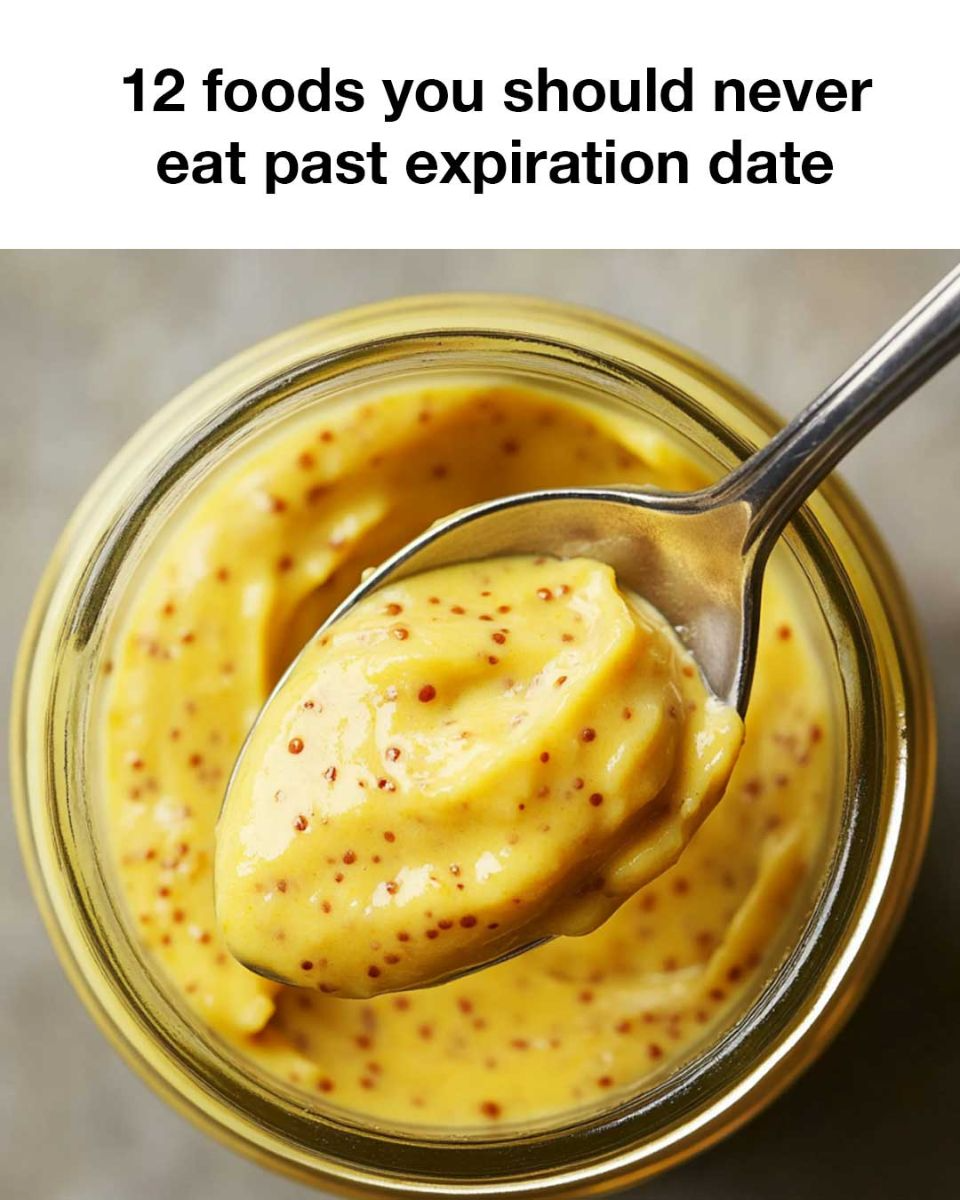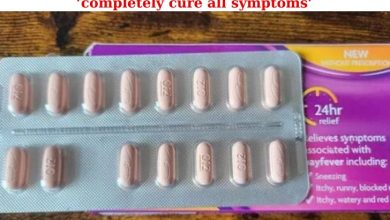In today’s fast-paced world, keeping track of the food we consume is essential for maintaining good health. Expiration dates on food packaging serve as a crucial guide to help us understand the shelf life of various products. These dates are not just random numbers; they are scientifically determined to ensure that the food remains safe and of high quality up until a particular time. Understanding what expiration dates mean and the risks of consuming food past these dates is vital for preventing foodborne illnesses and ensuring overall well-being.
The Importance of Adhering to Expiration Dates
Adhering to expiration dates is crucial for several reasons. Primarily, it ensures that the food we consume is safe to eat. Consuming food that is past its expiration date can lead to severe health risks, including food poisoning. Additionally, expired food often loses its nutritional value and flavor, which can be detrimental to our overall health and culinary experience. By taking expiration dates seriously, we also contribute to minimizing food waste, thus supporting a more sustainable environment.
How to Read Expiration Dates
Reading expiration dates correctly can sometimes be confusing due to the different terms used, such as ‘best by,’ ‘use by,’ and ‘sell by.’ ‘Best by’ dates indicate the period during which the product is at its peak quality. ‘Use by’ dates are the last dates recommended for the use of the product while at peak quality, and after this date, the food may not be safe to consume. ‘Sell by’ dates are primarily for retailers to ensure proper stock rotation. Breaking down these terms can help you make better decisions about the safety and quality of the food you purchase and consume.
Health Risks Associated with Eating Expired Foods
Eating food past its expiration date can expose you to several health risks, including foodborne illnesses caused by bacteria such as Salmonella, E. Coli, and Listeria. These bacteria can lead to symptoms such as vomiting, diarrhea, stomach cramps, and fever. In severe cases, they can even be life-threatening, particularly for vulnerable populations like young children, the elderly, pregnant women, and those with weakened immune systems.
Common Indicators of Spoiled Food
Recognizing the signs of spoiled food can serve as an additional safeguard against consuming expired items. Common indicators include off smells, changes in color or texture, mold growth, and the presence of slime. A sour or otherwise unusual taste is another red flag that a food item has gone bad. Whenever in doubt, it is safer to err on the side of caution and dispose of the questionable food item.

Food Safety Tips for Storing Perishable Items
Proper storage of perishable items is key to extending their shelf life and maintaining safety. Keep your refrigerator at or below 40°F (4°C) and your freezer at 0°F (-18°C). Store raw meat, poultry, and seafood on the bottom shelves to prevent their juices from contaminating other foods. Utilize airtight containers for opened products and label them with the date of purchase to keep track of their age. Lastly, always practice the ‘first in, first out’ method to ensure older items are used before newer ones.
1. Dairy Products
Dairy products like milk, yogurt, and cream can become breeding grounds for harmful bacteria once past their expiration date. The high moisture content in these items accelerates bacterial growth, leading to spoilage. Consuming expired dairy can cause food poisoning, manifesting as stomach cramps, diarrhea, and vomiting.
2. Fresh Meat and Poultry
Fresh meat and poultry are highly perishable and prone to bacterial contamination such as Salmonella and Campylobacter. Once past their expiration date, these items can quickly become unsafe to eat. Symptoms of consuming spoiled meat include nausea, vomiting, and severe gastrointestinal distress.
3. Eggs
Eggs can carry Salmonella bacteria, which proliferate once the eggs are no longer fresh. An easy way to test the freshness of eggs is to place them in water; if they float, they are no longer safe to eat. Consuming expired eggs can lead to foodborne illnesses that cause various digestive issues.
4. Pre-packaged Deli Meats
Pre-packaged deli meats often contain preservatives, but they are still prone to bacterial contamination once opened and beyond their expiration date. The dangers include Listeria, which can be especially harmful to pregnant women, infants, and the elderly.
5. Fish and Seafood
Fish and seafood deteriorate rapidly after their expiration date due to their high protein content, which promotes bacterial growth. Spoiled fish can cause severe food poisoning symptoms such as vomiting, diarrhea, and abdominal pain. Consuming expired seafood is particularly risky because it can also produce harmful toxins.
6. Soft Cheeses
Soft cheeses, like brie and ricotta, have higher moisture content than hard cheeses, making them more susceptible to mold and bacterial contamination. After their expiration date, they can become a source of foodborne illnesses, presenting risks particularly to vulnerable populations.
7. Fresh Berries
Berries are delicate fruits with a short shelf life, and they quickly become moldy once past their prime. Consuming moldy berries can cause respiratory issues and allergic reactions. Always check for any signs of mold and discard the entire container if you find any.
8. Leafy Greens
Leafy greens such as spinach and lettuce are nutrient-rich but can harbor bacteria like E. coli if not consumed within their recommended timeframe. Symptoms of foodborne illness from expired greens include stomach cramps, diarrhea, and, in severe cases, kidney failure.
9. Mold-prone Items like Bread and Pastries
Bread and pastries can develop mold even before their expiration date if not stored properly. Mold spores can cause respiratory issues and allergic reactions, and some types of mold produce harmful mycotoxins. When mold appears, it’s best to discard the entire product rather than trying to salvage a part of it.
10. Condiments with Natural Ingredients
Condiments made from natural ingredients like mayonnaise, pesto, and salsa can spoil quickly once opened and past their expiration date. The natural oils and lack of preservatives can lead to bacterial growth, posing risks of foodborne illnesses.
11. Pre-made Salads and Sandwiches
Pre-made salads and sandwiches are convenient but have a short shelf life due to their combination of perishable ingredients. Once past their expiration date, these items can become breeding grounds for bacteria such as Listeria and Salmonella, causing severe foodborne illnesses.
12. Leftover Cooked Meals
Leftover cooked meals should be consumed within a few days, even if refrigerated. Over time, even in the fridge, bacteria can grow in cooked food. Consuming leftovers past their safe window can lead to food poisoning, with symptoms ranging from mild gastrointestinal distress to severe vomiting and diarrhea.
Conclusion: Prioritizing Health and Safety
Properly managing and adhering to expiration dates is crucial for ensuring our health and well-being. By being vigilant about the foods we consume and how we store them, we protect ourselves and our families from the risks associated with expired items. Staying informed about food safety practices, understanding expiration labels, and recognizing signs of spoilage are essential steps in maintaining a healthy and safe diet. Prioritize health and safety by making mindful choices and adhering to guidelines that ensure the quality and safety of the foods you eat.
Source: cooktopcove







